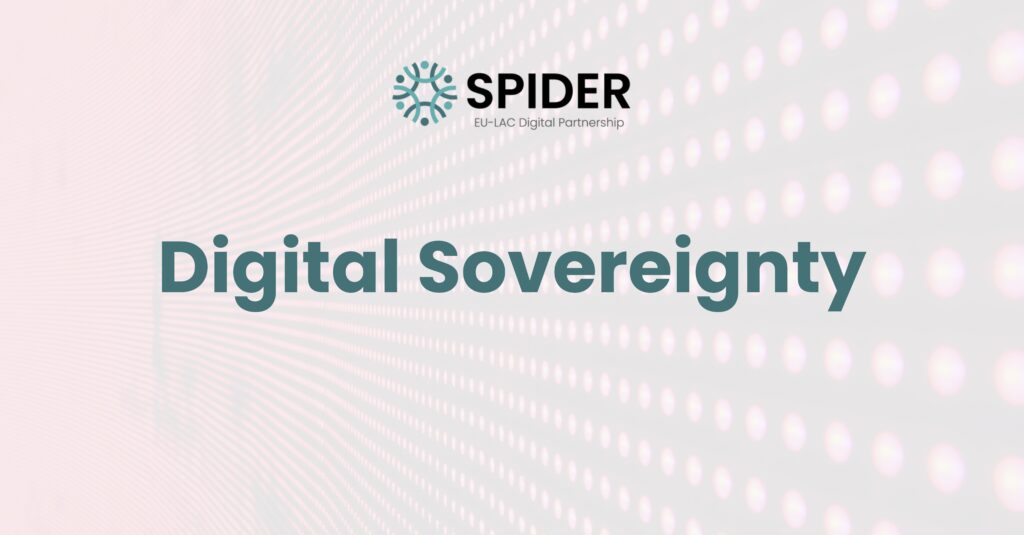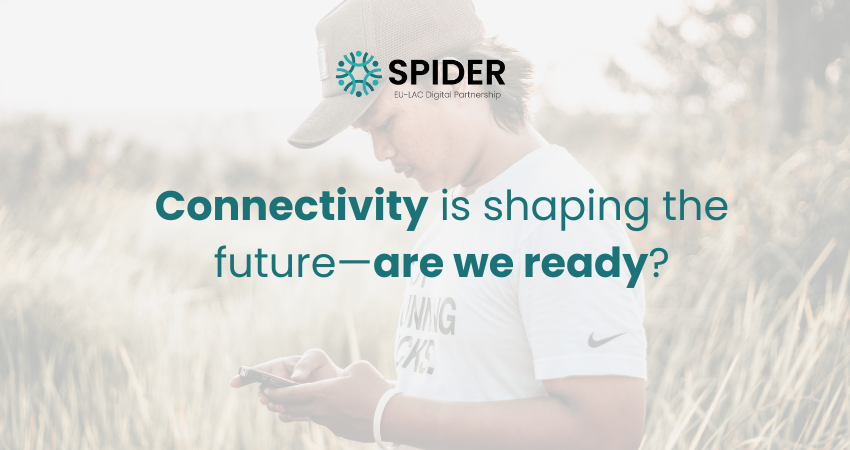In an era where digital transformation shapes economies, education, and societies, connectivity has become a fundamental necessity rather than a luxury. It underpins everything from financial inclusion to healthcare, from education to economic growth. Despite mobile network coverage reaching 92% of the world, a stark reality remains: 2.5 billion people still lack internet access (European Commission, “Shaping Europe’s Digital Future”, 2024).
The Impact on Education and Development
Bridging this digital gap is crucial for unlocking human potential. Research demonstrates the tangible benefits: according to an Economist Intelligence Unit report cited by the European Commission, a 10% increase in school connectivity in developing countries can improve children’s effective years of schooling by 0.6% and increase GDP per capita by 1.1%. This correlation clearly shows how digital access fuels both economic and social progress.
Digital Transformation and Innovation
Connectivity stands as the cornerstone of digital transformation, enabling real-time data exchange, automation, and smarter decision-making. Modern technologies like 5G, cloud computing, and the Internet of Things (IoT) depend on robust digital networks to function efficiently (European Commission, “Shaping Europe’s Digital Future”, 2024). This infrastructure supports everything from remote work to smart cities, fostering innovation, efficiency, and improved quality of life.
Economic Impact and Growth
The economic benefits of connectivity are substantial and measurable. In 2022, the European mobile industry alone contributed €910 billion (4.3% of GDP) and supported 2.2 million jobs (European Commission, “Shaping Europe’s Digital Future”, 2024). The growth trajectory is particularly evident in digital finance: digital wallet transactions are projected to surge from $9 trillion in 2023 to $16 trillion by 2028 (European Commission, “Shaping Europe’s Digital Future”, 2024).
Bridging the Digital Divide
While progress has been made, the digital divide persists, limiting opportunities for billions. This is where SPIDER steps in—working to boost EU-LAC connectivity, aligning digital dialogues with national policies, and ensuring digital transformation reaches all.
Connectivity is more than infrastructure—it’s the key to a more inclusive, innovative, and sustainable future.





